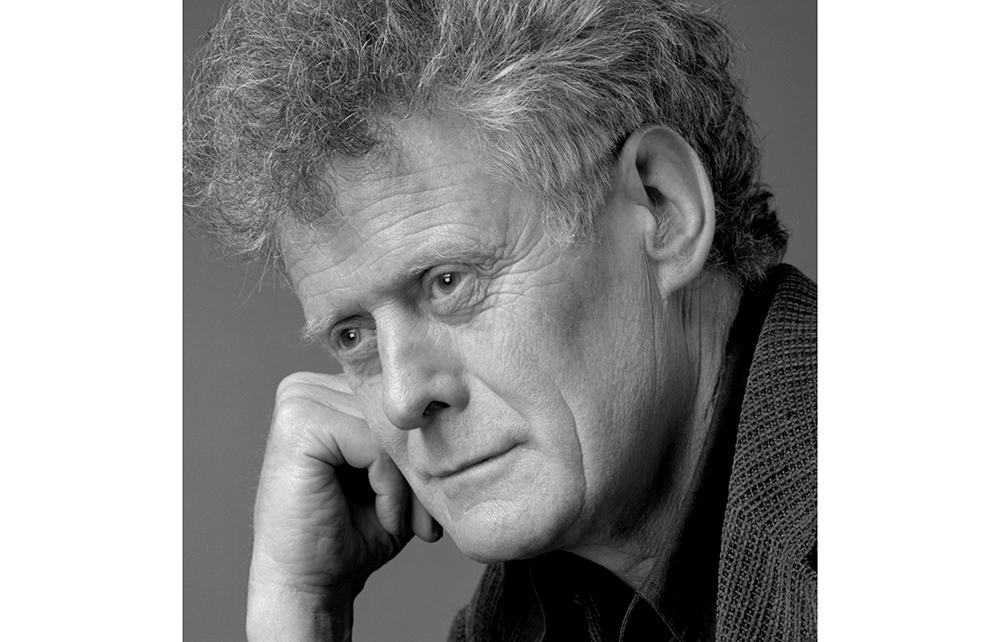Whenever I listen to Great Lives on Radio 4, which is often, I am reminded of the gulf between fame and achievement. How is it that some people do so much, yet remain obscure, while others seem to be carried forward with perpetual momentum after doing just one thing? A good many of the lives dissected on the programme over the years have been completely unfamiliar to me. I’ll spend the half hour puzzling over why they are not better known.
Where would we be without Great Lives? There is minimal appetite in trade publishing for books about esoteric figures. And just imagine pitching a biopic of Hertha Ayrton, Eleonora Duse or Jayaben Desai to Hollywood today. Radio is probably the only place left for forgotten souls. Great Lives keeps going because the public is comparatively adventurous and willing to take a risk.
Recently, Matthew Parris joined writer and illustrator Nick Hayes on his houseboat to discuss the conservationist, canoeist and ‘English gentleman anarchist’ Roger Deakin. In the course of his life – he died in 2006 at the age of 63 – Deakin worked as an ad man, farmer, teacher, filmmaker, environmentalist and campaigner, reinventor of 1970s classic stripped pine and finally, from his mid-fifties, as an author. He was, as his biographer Patrick Barkham said on the programme, of the generation that believed it could do anything and everything, and did.
Hayes and Barkham described Deakin enticingly as ‘puckish’: a Green Man with wild woollen hair and handsome features that appeared to be sculpted from wood. His ‘frog’s-eye view of the world’ offered a portrait of the English landscape from the water it ran into.
Radio is probably the only place left for forgotten souls
In written biographies it can be irritating to find the author mapping their own life on to that of their subject. On Great Lives the marriage between subject, interviewer and interviewees feels completely natural and symbiotic. The life story of the 20th-century Ukrainian monumentalist painter and activist Alla Horska felt all the more important as Ukrainian-born chef and food writer Olia Hercules reflected in a recent episode upon her own experiences and those of her parents.
Like a modern Plutarch, Parris is very good at carrying the conversation to and fro so that the lives are told in parallel. The result is refreshing at a time when the trend is rather for approaching another person’s life and work through the self.
A documentary on Hamlet, Playing the Prince, which aired on Radio 4 on Thursday evidenced the trend. It was narrated by Jade Anouka, an actress with an engaging voice and burning desire to play Hamlet herself. ‘My Hamlet would be modern,’ she said, as she reflected on the Hamlets of Laurence Olivier and others. ‘I just need to find a director who’d like to tackle a queer, black, female, South London Hamlet with me.’
The programme felt like her audition, with the past Hamlets she interviewed – Sir Derek Jacobi, Adrian Lester, Samuel West and Tessa Parr – there to provide tips from the stage doors. As much as I admired Anouka’s gumption, I was unconvinced by the structure, which felt too much like an attempt to make Hamlet relevant and up-to-date. Quite unnecessary for something as timeless as Hamlet. As Jacobi explained, an actor does not play Hamlet, he plays himself. ‘There are no dark corners of yourself or of the human condition that, if you choose to explore, the play will not hold your hand in,’ added West.
To hear so many Hamlets in quick succession was nonetheless exhilarating. Lines from the famous soliloquy as delivered by each were run together so we could appreciate the differences between them. I enjoyed Adrian Lester’s revelation about performing ‘To be, or not to be’ to the rhythm of his pulse at that particular moment, and Tessa Parr’s reflections on how casting Hamlet as a woman changes the dynamic between the protagonist and the Queen of Denmark. Most of all, I enjoyed Samuel West’s dry and sometimes cynical statements: ‘Everybody thinks they’re good casting.’
The most poignant moment came when Professor Michael Dobson, of the Shakespeare Institute, described a performance of the play in a Ukrainian theatre cellar four years ago. It was, he said, one of the most haunting he had seen. The entire cast lay as if dead at the beginning and each character was then revived to re-enact events before dying again. The cellar has since become an air-raid shelter, but Hamlet remains for many Ukrainians an emblem, as Dobson put it, for the existential threat they continue to face with such defiance. ‘The question for us now,’ as President Zelensky said last March, ‘is to be or not to be… It’s definitely yes, to be.’






Comments